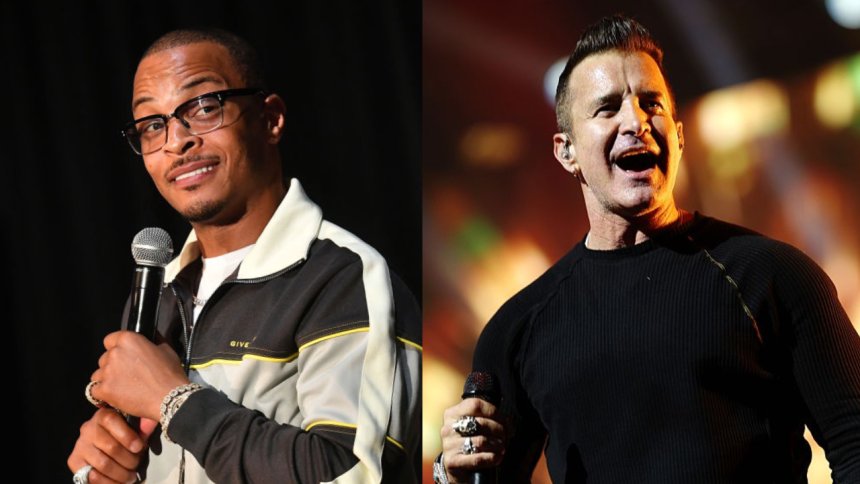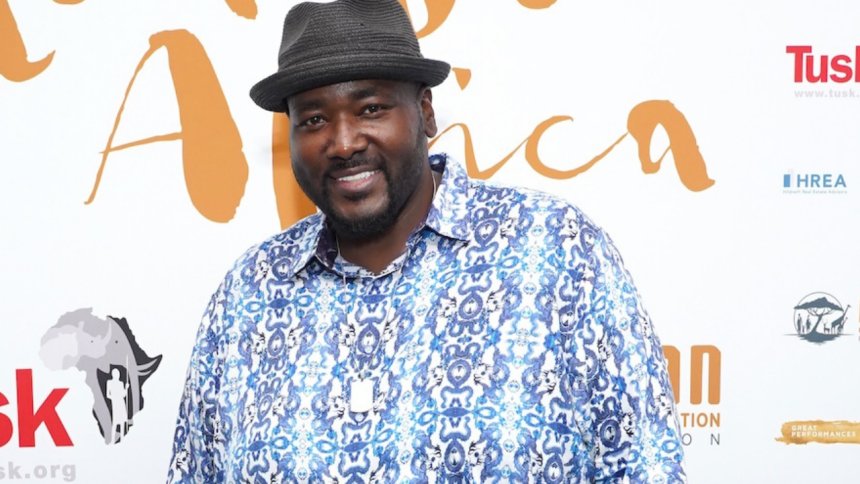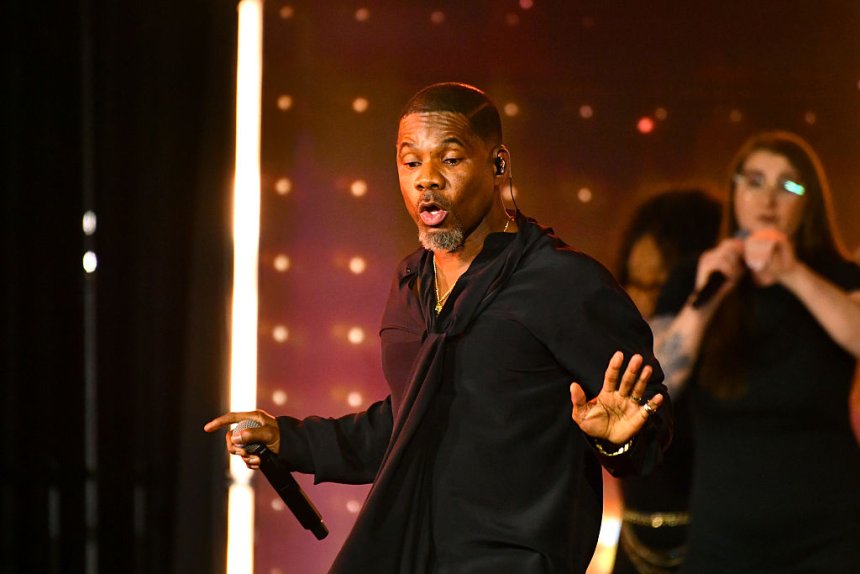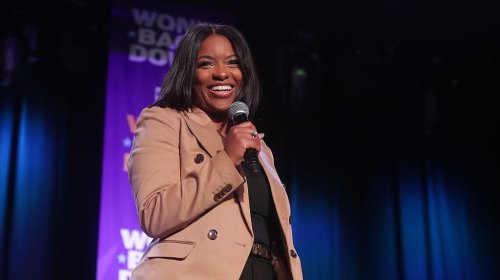D’Angelo dead at 51: Singer leaves a legacy of neo-soul, funk, and gospel
The elusive genius behind classics like “Brown Sugar” and “Voodoo” transformed R&B and inspired a generation of artists with his
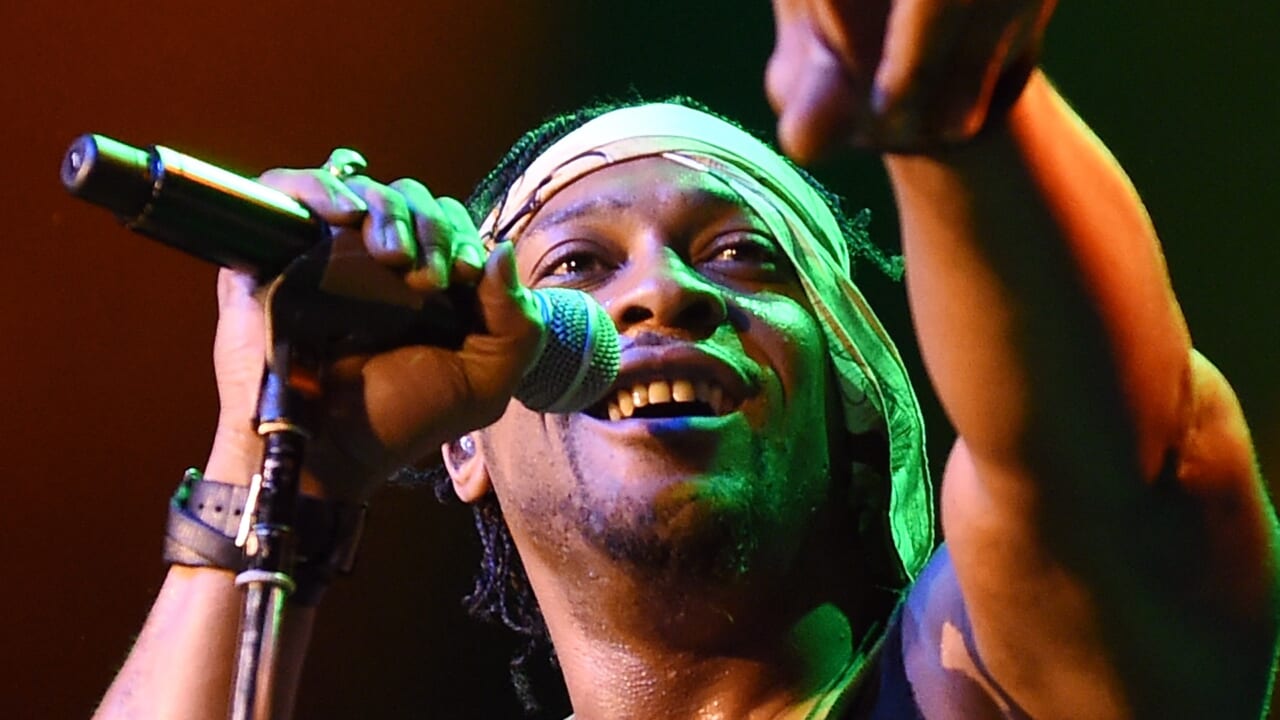
The elusive genius behind classics like “Brown Sugar” and “Voodoo” transformed R&B and inspired a generation of artists with his sound, style and spirit.
D’Angelo, born Michael Eugene Archer, has reportedly died after a battle with pancreatic cancer, according to his manager. He was 51.
The vaunted multi-instrumentalist and Mt. Rushmore-staple of the neo-soul movement—even if reluctantly—was as visionary with his sound as he was scarce with his output. While D’Angelo only released three studio albums—”Brown Sugar “(1995), “Voodoo” (2000) and “Black Messiah” (2014)—his stylistic reach compelled an entire generation of artists to dig into their funk, soul, gospel and R&B bag. D’Angelo’s influence is ubiquitous, with his sound becoming part of the fabric of R&B.
Born in Richmond, Va., on February 11, 1974, his early roots in the Pentecostal church—his father was a pastor—can be heard and felt all over his musical output. He learned piano early and taught himself other instruments, citing legends like Marvin Gaye, Prince and others as inspiration. His musical talents took him to Harlem’s famous Apollo stage in 1991 with his group, Precise. That taste of potential and New York City led a young D’Angelo to move to the big city at 18. While in New York, he would eventually link with attorney and future manager, Kedar Massenburg, often cited as the architect of the neo-soul movement that D’Angelo (and Erykah Badu) would quarterback.
D’Angelo would get his first taste of success with 1994’s “U Will Know,” the enduring single from the “Jason’s Lyric” soundtrack that featured a who’s who of the most popular Black male singers at the time—dubbed Black Men United—which he co-wrote and co-produced with his brother; he also lent his vocals.
D’Angelo became a household name, though, with his debut album, 1995’s Grammy-nominated, platinum-selling classic “Brown Sugar,” an album dripping with raw, edgy soul but infused with gospel chords and movement throughout. While the subject matter was entirely secular(track 5’s title alone would make anybody clutch their pearls), a gospel group would have created a foot-stomping and pew-emptying classic with the soundbeds D’Angelo created. The debut single, “Brown Sugar” and eventual Billboard R&B hits like “Lady,” “Me and Those Dreamin’ Eyes of Mine” and his remake of Smokey Robinson’s “Cruisin” turned D’Angelo into a household name for the soul and R&B set.
Despite his tremendous success, D’Angelo only popped up on soundtracks over the next few years, often citing writer’s block and other frustrations. He did, however, provide a much lauded feature to Lauryn Hill’s 1998 magnum opus, “The Miseducation of Lauryn Hill,” on the record “Nothing Even Matters,” a song that would, in some ways, foreshadow his own next game changing album, 2000’s “Voodoo.”
Allegedly inspired by the birth of his son in 1998 with the late R&B singer and also Richmond, Va., native Angie Stone, D’Angelo found his songwriting mojo and retreated into the sound of soul and funk pioneers like Sly Stone, Jimi Hendrix and James Brown, before delivering his “Voodoo,” his magnum opus and an album that often finds itself on best album ever lists. With Ahmir “Questlove” Thompson as his “co-pilot” on the album, an experience that Thompson spoke of constantly with mixed feelings on his since discontinued podcast “Questlove Supreme,” D’Angelo released a Grammy-winning project that became the talk of audiophiles everywhere, not just for its sound, but for the look and style D’Angelo ushered in, becoming a sex symbol in the process.
While the first two singles, “Devil’s Pie”—a song that also featured on the soundtrack to 1998’s hip-hop cult classic “Belly,” produced by D’Angelo and legendary hip-hop producer DJ Premier—and “Left & Right” featuring Method Man and Redman, made some noise, it was the release of the video for “Untitled (How Does It Feel)” that made D’Angelo one of the most coveted male singers out. The video, directed by Paul Hunter, features a one shot that implies that a nude D’Angelo is involved in some sort of relations, that follows along with the music’s building climax. Not only did D’Angelo release a genre-defining album, he launched himself into the stratosphere as a pop icon, an amazing feat considering his album wasn’t remotely pop, but his new image and physique made him a staple of video show rotations on MTV and BET in the early 2000s.
After “Voodoo,” though, D’Angelo retreated from the public, save for a few run-ins with authorities for various circumstances, while the public clamored for a new record, which wouldn’t come until 14 years later, with D’Angelo and The Vanguard’s “Black Messiah,” an album that was well received, proving that despite his nearly decade-and-a-half hiatus, his fans were still looking for and ready to receive a project from the legacy artist. The album debuted at the top of the Billboard charts and was considered one of 2014’s best albums, proving that D’Angelo was still an artist of reverence.
D’Angelo didn’t release any more full-length albums, choosing instead to do as he had in previous times in-between projects, dropping songs here and there and appearing on other artists’ works, sparsely. He did, though, appear for a special D’Angelo Verzuz Friends “Verzuz” in 2021, though the show was largely a solo set of D’Angelo joined by collaborators, a rare but appreciated public appearance from him in a career full of moments where the audience yearned for more of anything from the artist.
D’Angelo was an artist whose sound and musical expanse was coveted and felt in hip-hop and R&B. He borrowed from artists like Q-Tip and Dilla as they, in turn, used the sound he crafted to further innovation in their own careers, leading to the creation of and his enduring association with the Soulquarians, a collective (including Questlove) that generated musical output that has become synonymous with the sound of soul in the aughts. While D’Angelo may be no longer with us in physical form, his presence is cemented forever through music and the visual elements he shared with the world.
D’Angelo never married, but is survived by his three kids, sons Michael Archer Jr. (with Angie Stone) and Morocco; and daughter Imani.
Share
What's Your Reaction?
 Like
0
Like
0
 Dislike
0
Dislike
0
 Love
0
Love
0
 Funny
0
Funny
0
 Angry
0
Angry
0
 Sad
0
Sad
0
 Wow
0
Wow
0
